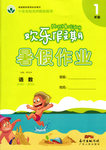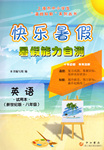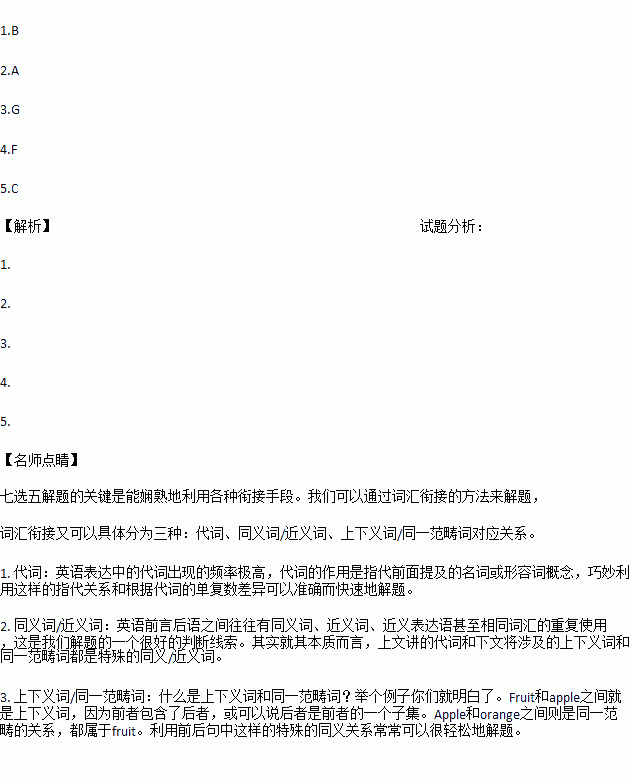题目内容
Third-Culture Kids
Did you grow up in one culture, your parents came from another, and you are now living in a totally different country? If so, then you are a third-culture kid!
The term “third-culture kid” (or TCK) was coined in the 1960s by Dr. Ruth. She first came across this phenomenon when she researched North American children living in India. Caught between two cultures, they form their very own. 1. About 90 percent of them have a university degree, while 40 percent pursue a postgraduate or doctor degree. They usually benefit from their intercultural experience, which helps them to grow into successful academics and professionals.
2. In fact many hardships may arise from this phenomenon. A third-culture kid may not be able to adapt themselves completely to their new surroundings as expected. Instead, they may always remain an outsider in different host cultures. Max, for example, experienced this fundamental feeling of strangeness throughout his life as a third-culture kid. 3. While this can be a way to create a network of friends all around the world, it can be difficult for a third-culture kid like Max to maintain close friendships and relationships.
For a third-culture kid, it is often easier to move to a new foreign country than to return to their “home” country. After living in Australia and South Korea for many years, Louis finally returned to Turkey as a teenager. But she felt out of place when she returned to the country where she was born. 4. She did not share the same values as her friends’ even years after going back home.
While a third-culture kid must let go of their identity as foreigner when he/she returns, the home country can prove to be more foreign than anything he/she came across before. The peer group they face does not match the idealized image children have of “home”.5.
As a part of the growing “culture”, TCKs may find it a great challenge for them to feel at home in many places.
A. Yet being a third-culture kid is no t always easy.
t always easy.
B. In general , they often reach excellent academic results.
, they often reach excellent academic results.
C. This often makes it hard for them to form their own identity.
D. However, their parents can help them see the opportunities of a mobile lifestyle.
E. Their experience abroad helps them to gain a better understanding of cultural differences.
F. Unlike other teens of her age, she didn’t know anything about current TV shows or fashion trends.
G. Additionally, making new friends and saying goodbye to old ones will at some point become routine for a third-culture kid.
 Happy holiday欢乐假期暑假作业广东人民出版社系列答案
Happy holiday欢乐假期暑假作业广东人民出版社系列答案 快乐暑假暑假能力自测中西书局系列答案
快乐暑假暑假能力自测中西书局系列答案
